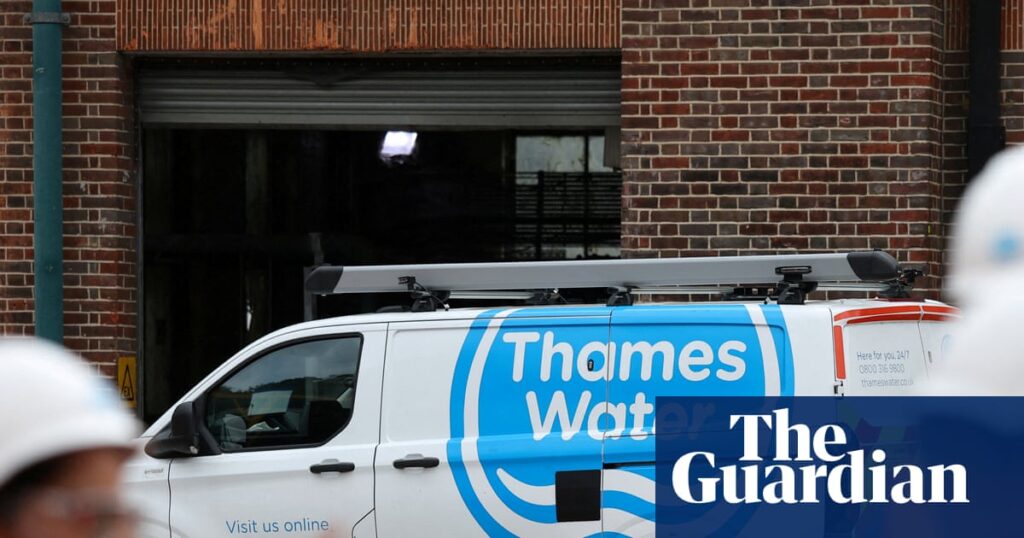The environment secretary, Steve Reed, claims that water cannot be put into public ownership because it would cost £100bn, and that the government would have to raid the NHS budget to fund it (‘Broken’ water industry in England and Wales faces tighter controls under new watchdog, 21 July).
This is inaccurate. The People’s Commission on the Water Sector has investigated the £100bn figure in detail and found that the costs are based on biased evidence and have no basis in law. We have also found that any temporary funds needed to refinance the water sector would be through ringfenced bonds and would not affect the NHS budget. The environment secretary should not use figures that are clearly misleading and have no bearing on the actual costs of public ownership.
The £100bn figure is the regulatory capital value (RCV) of the water companies, used by Ofwat and calculated using the market value of water companies in 1989, adding capital spending and depreciation since, multiplied by the retail prices index. Two water companies listed on the stock exchange have market values around half their RCV. KKR merely offered £4bn in its takeover bid for Thames Water, which has an RCV of £21bn, before it pulled out in June.
RCV bears no resemblance to the market value of the company and should not be used as the cost of public ownership. Market value is also not the correct way to value a water company. In law, the government would simply need to pay a fair value, not market value, to take a company into public ownership. This would take into account the inadequate investment in the sewage infrastructure, the dividends paid, the high debts incurred which have weakened financial resilience, and the huge costs required to rectify the damage done under private ownership.
The law ultimately has to ensure that a “fair balance” has been struck in the public interest, and “appropriate value” for secured creditors. In the case of failed water companies that have returned billions to shareholders and creditors, while leaving billions more in repair costs, this would mean paying something closer to zero for transfer into public ownership.
Prof Becky Malby, Dr Kate Bayliss, Prof Frances Cleaver, Prof Ewan McGaughey
The People’s Commission on the Water Sector


